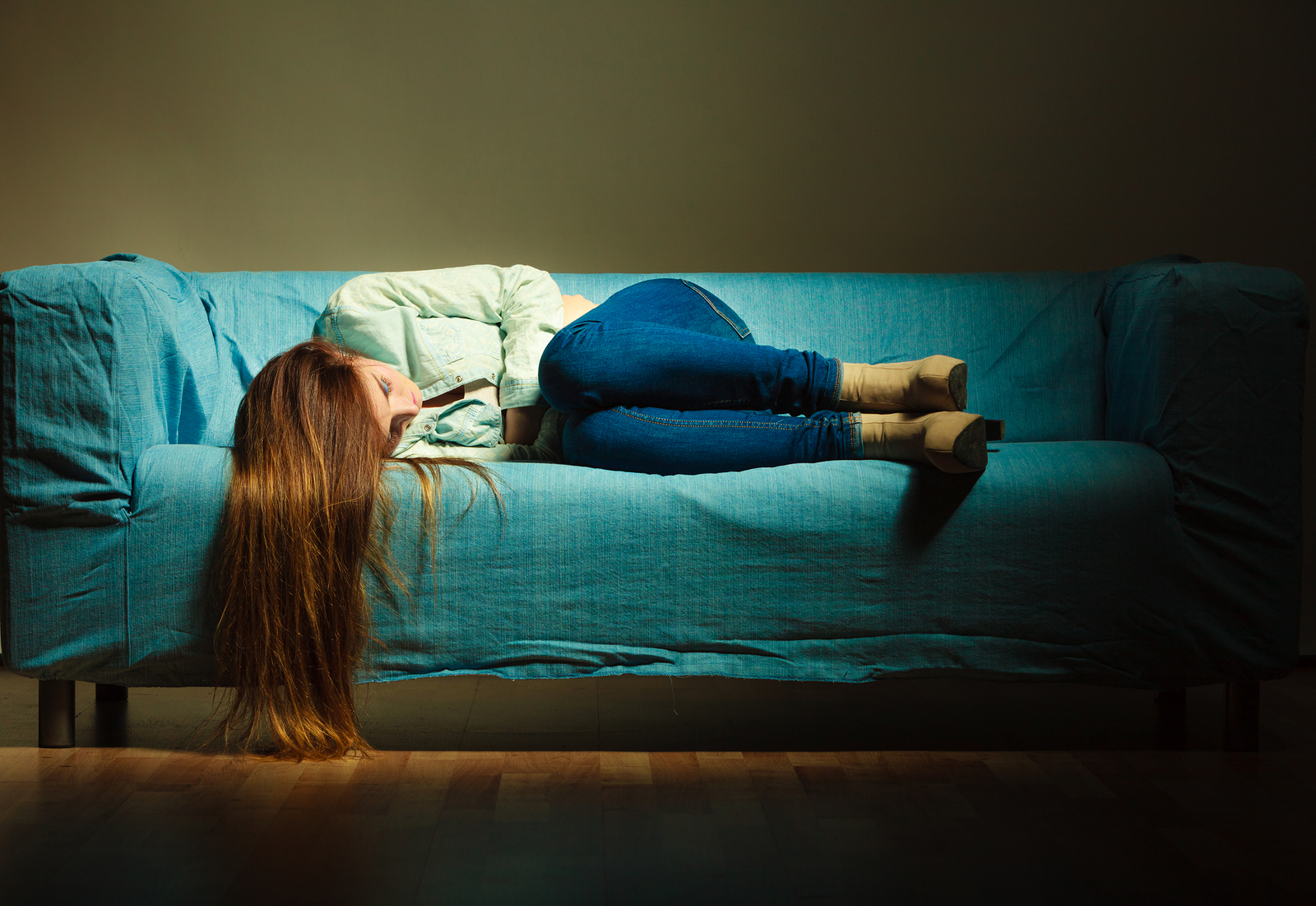Last Updated on July 21, 2023 by cmv
It sucks to be sleep deprived. We all know how important sleep is but yet so many of us struggle to get enough. Poor sleep is linked to poor performance, depression, anxiety, irritability, decreased relationship satisfaction, low motivation, and unhealthy eating habits. It also impacts our physical health with links to high blood pressure, diabetes, obesity, high blood pressure, heart attack, heart disease, heart failure and stroke. All very good reasons to start improving mental health with better sleep.
What gets in the way of sleeping?
Maybe you’re the person who stays up too late because you finally have free time or “me time”. Maybe you’re the one who goes to bed on time but can’t fall asleep. Perhaps you do fall asleep on time, but wake in the middle of the night or up too early in the morning. Or you feel like you’re getting enough hours but you’re still tired in the morning. The issues getting in the way of getting enough sleep are different for everyone. However, there’s things you can do to improve your overall sleep.
Why can’t I fall asleep?!
I realized 6 months into COVID that my sleep was getting worse. I couldn’t figure out why I couldn’t fall asleep. Then it hit me, zoom! I was spending the bulk of my days on the computer doing video chats rather than sitting in the office with clients. Most people are somewhat aware that too much screen time isn’t a good thing but they might not realize the impact it has on our sleep. Think of it this way, light gets into our eyes and tricks your brain into thinking that it’s daylight thus slowing the production of melatonin and mixing up our sleep cycles. So, when it’s time for bed, our brain and body aren’t tuned into the fact that it’s nighttime and therefore it can be difficult to fall sleep. Other reasons you might not be able to fall asleep could largely depend on what you do during the day, things weighing on your mind, hormonal issues, hunger needs, and so on.
Why can’t I stay asleep?!
There are many reasons why you can’t stay asleep. Maybe you’re stressed about something or your sleep cycle is off. It can be as simple as the issue of drinking alcohol. Drinking robs us of deep sleep and so we’re more likely to wake through the night and have night sweats. We’re also more likely to wake up in the morning still feeling tired. That’s because we didn’t get that replenishing REM dream sleep that we need to feel rested. Pinpointing the reasons why you’re not staying asleep will give you a starting point to fixing this issue.
What will help me sleep better?
Here’s my exhaustive list of things to try in addition to seeking help from a trained counselling therapist:
- Avoid screen time at least an hour before bed – no phones, tablets, computers, tv (yes I know), or other devices that put light into your eyes
- Wear blue light blocking lenses if you are looking at screens at night (and ideally in the daytime too)
- No caffeine after noon – this includes coffee, caffeinated tea, caffeinated pop, or food items containing caffeine
- Develop a bedtime routine – wind down with a bath, book (no kindle or phone – try a paperback novel with a low light on your side table), stretching, journaling, or other low energy activity
- Avoid alcohol or reduce drinking especially on work nights
- Get to bed and asleep before 11pm – it’s said that our hormones reset from 11pm-1am, which impacts our sleep and daytime. This also impacts your mental health.
- Parent yourself to go to bed. Assuming you’re an adult, you probably no longer have your parents telling you it’s time for bed. So now, you have to be the parent who reminds you to not stay up all night watching shows or playing games, you need your sleep.
- Try taking a supplement like melatonin or magnesium (follow the directions and consult with a physician if you have concerns about possible interactions with medication). Melatonin can help with the onset of sleep. Magnesium helps calm our muscles and is good for leg cramping, eye twitching, restless legs, and other health concerns. It helps repair muscles especially after a workout and a nice side affect is that it can help relax your body so you can fall asleep (so take it at night).
- Drink chamomile tea, warm milk, or eat low sugar yogurt. All have benefits for sleep.
- Avoid sugar at night – think of a kid hopped up on sugar, they don’t sleep until it wears off.
- Make a list of to-do’s running around in your head for the next day. This gets it out of your brain, onto paper, and allows you to let it go until the next day. Otherwise, you might be rehearsing it in your mind so that you don’t forget.
- Journal about whatever’s on your mind so you can let it go.
- Meditate – focusing on breath, your cozy pillow, letting stress go out of your body and so on will help you drift away. Apps like headspace or calm have sleep meditations and sleep stories to help you fall and stay asleep. See our blog about mindfulness meditation to learn more.
- Invest in a good bed and bedding. When was the last time you bought a mattress? How about a pillow? You spend a huge chunk of your life in bed and therefore use it more than most items in your life. Invest in a good pillow, mattress, bedding, blackout curtains, and other items that make your bedroom a Zen space.
- No pets allowed. I know you love your pets and you want them to cuddle with you but they do disturb your sleep. With a week or two of retraining, you can get your pet to sleep in their own bed (get them one they love with a heating pad) so you can have your space back. Cuddle in the daytime.
- Get up at the same time every day to reset your sleep cycles and to give yourself a routine. This will help you get tired early enough in the evening and prevent you from oversleeping in the mornings.
- No more naps. Naps will interrupt your sleep cycles and will prevent you from being tired enough at night to go to bed on time. This may mean suffering through a tired day (or two) to reset your bedtime.
- Exercise. Physical activity during the day lends well to a restful sleep at night. Try to avoid exercising too late in the evening as this can ramp up your system. Get in what you can daily, whether it be a workout at the gym or a 10-minute walk outside. Burn energy so that you can rest better at night.
What works to improve your sleep will depend on your specific sleep concerns and the causal factors of your struggle. A trained Counselling Therapist can help you develop and implement a sleep plan while ruling out patterns that are getting in the way. Our Vancouver Counsellors can also help you work through the thoughts keeping you up at night so that you can have the sleep you’ve been dreaming of.




